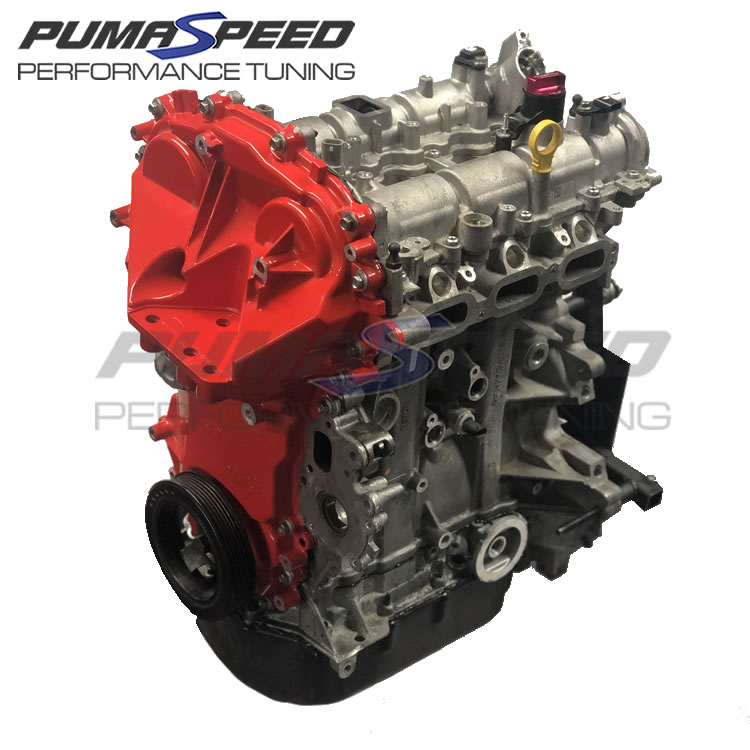Essential Services for Keeping Your Ford Fiesta Engine in Peak Condition
Unlocking the Power of Engines: A Comprehensive Guide to Performance and Performance
Comprehending the detailed auto mechanics of engines is vital for both performance fanatics and everyday drivers. The answers might redefine our approach to engine efficiency and performance in methods that are both informing and necessary.
Understanding Engine Essentials
What constitutes the essential auto mechanics of an engine? At its core, an engine is a machine created to convert fuel into mechanical power via a series of controlled explosions or burning procedures.
The crankshaft then changes this straight activity right into rotational power, which eventually powers the car. The camshaft controls the opening and closing of the valves, managing the intake of air and gas and the expulsion of exhaust gases. Furthermore, the engine depends on a meticulously calibrated fuel-air blend, ignition system, and cooling down system to make certain optimal performance and efficiency.
Understanding engine essentials also includes identifying the significance of engine cycles, such as the four-stroke cycle, that includes consumption, exhaust, power, and compression strokes. Each phase is vital in ensuring the engine functions smoothly and efficiently. Proficiency of these basic technicians lays the foundation for discovering more complex engine characteristics and performance metrics, crucial for maximizing both power outcome and efficiency.
Secret Efficiency Metrics
Key performance metrics are necessary for reviewing an engine's efficiency and power output, giving valuable insights for both suppliers and customers. These metrics function as standards for engine performance, enabling informed choices in acquiring, layout, and manufacturing.
Among the main metrics is horse power, which evaluates the engine's capacity to execute job over time. Torque, gauged in pound-feet, is another important metric that suggests the engine's rotational pressure, straight impacting velocity and towing capability. Fuel effectiveness, normally measured in miles per gallon (MPG) or liters per 100 kilometers (L/100km), analyzes exactly how effectively the engine transforms fuel into movement, impacting functional prices and ecological factors to consider.
Additionally, thermal performance procedures exactly how well an engine transforms fuel energy into helpful work, revealing understandings into power losses mostly with warmth. Discharge levels, consisting of carbon dioxide and NOx, are likewise vital, reflecting the engine's ecological effect and conformity with regulative standards.

Tuning Techniques for Effectiveness
Tuning techniques play a considerable duty in enhancing engine performance by maximizing performance metrics identified in earlier conversations (ford fiesta engine). Various methods exist to adjust an engine, each adding to enhanced fuel economic situation and decreased discharges
One efficient method is adjusting the air-fuel ratio, ensuring the engine operates within the optimal burning routine. A leaner blend can improve fuel effectiveness, yet it must be stabilized to avoid misfires or engine knock. In addition, reprogramming the engine monitoring system can rectify specifications such as ignition timing, which further improves performance while keeping power more information outcome.
Another important technique includes changing the consumption and exhaust systems. Upgrading to high-performance air filters and exhaust headers can reduce back pressure, helping with much better airflow. This permits the engine to take a breath more easily, causing improved burning efficiency.
Additionally, the implementation of advanced tuning devices, like dyno screening, provides accurate data that enables targeted modifications. Regularly monitoring these efficiency metrics guarantees that tuning efforts produce the wanted effectiveness outcomes. Collectively, these techniques not just boost engine performance yet also add to long-term sustainability in engine procedures.
Upkeep for Ideal Performance
Routine engine maintenance is vital for accomplishing optimal performance and long life. A properly maintained engine not only runs efficiently yet also minimizes the threat of pricey repair work and failures. Trick components calling for normal attention consist of oil, filters, belts, and ignition system.
Altering the engine oil at advised intervals is critical, as oil lubes relocating parts and stops getting too hot. Replacing oil and air filters makes certain that pollutants do not impair engine feature. Ignoring these parts can result in minimized effectiveness and prospective engine damages.
In addition, inspecting and replacing worn belts and tubes is essential to avoid unexpected failings. Timing belts, particularly, must be changed according to the manufacturer's routine to prevent tragic engine damages.
Spark connects must additionally be inspected and replaced as required, because they play a crucial duty in ignition and gas efficiency.
Future Fads in Engine Modern Technology
Welcoming innovations in technology, the future of engine layout is positioned to revolutionize efficiency and performance throughout numerous applications. One of the most considerable trends is the shift toward electrification. Hybrid and completely electrical powertrains are coming to be increasingly conventional, offering reduced exhausts and boosted gas efficiency. This shift is not just a fad however a requirement driven by governing stress and consumer need for lasting useful reference options.
Furthermore, innovations in products science are leading to lighter, more powerful elements that improve engine efficiency while minimizing power consumption. Advanced production techniques, such as 3D printing, permit the development of intricate geometries that enhance air movement and thermal administration, therefore maximizing combustion processes.
Additionally, the combination of synthetic knowledge and artificial intelligence is readied to change engine diagnostics and efficiency tuning. These innovations can analyze large amounts of information in genuine time, enabling anticipating upkeep and customized efficiency enhancements.
Conclusion
In verdict, unlocking the power of engines calls for a thorough understanding of their technicians and efficiency metrics. Implementing effective adjusting techniques and sticking to regular maintenance methods considerably enhance engine abilities.
In addition, the engine depends on a thoroughly calibrated fuel-air mixture, ignition system, and cooling system to guarantee optimal efficiency and efficiency.
Comprehending engine fundamentals also includes identifying the importance of engine cycles, such as the four-stroke cycle, which consists of intake, compression, power, and exhaust strokes. Mastery of these basic technicians lays the foundation for exploring more complex engine dynamics and performance metrics, essential for enhancing both power output and Get the facts efficiency.

Embracing developments in innovation, the future of engine style is poised to reinvent efficiency and effectiveness across various applications.